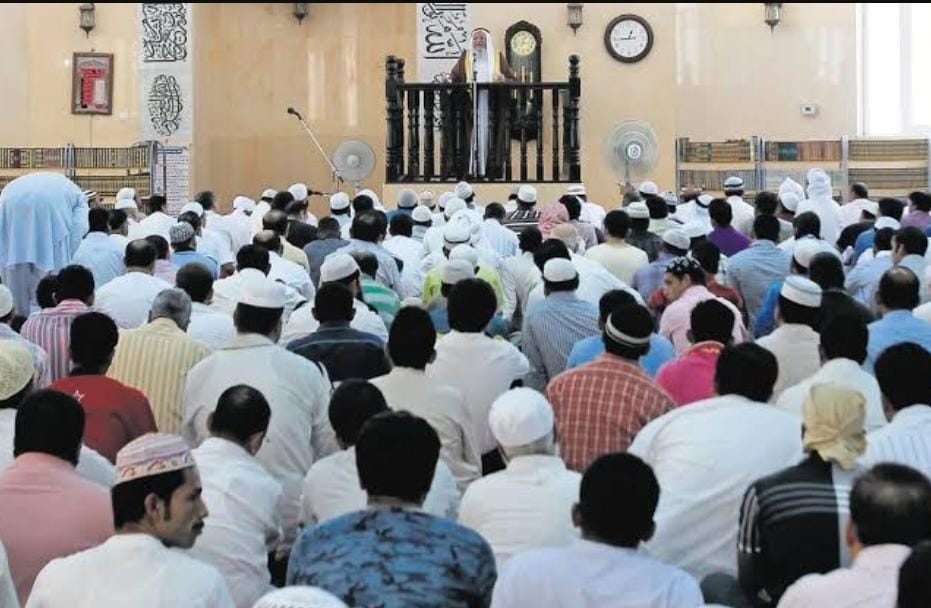
A recent directive by the Chhattisgarh Waqf Board requiring prior approval of sermons delivered during Friday prayers has ignited a heated debate over constitutional freedoms and religious rights.
Opposition parties and community leaders have criticized the move, calling it an infringement on the right to freedom of speech and religion.
The Waqf Board issued the directive, citing the need to curb inflammatory rhetoric and promote communal harmony.
It mandates that sermons in mosques and other Waqf-managed properties be vetted beforehand to ensure they align with guidelines fostering peace.
A senior Waqf official defended the decision, stating, “This is not interference with religious freedom but a step to maintain unity and prevent divisive messages.”
The directive has faced strong backlash, particularly from the All India Majlis-e-Ittehad-ul-Muslimeen (AIMIM) and Congress. AIMIM chief Asaduddin Owaisi labeled it a violation of the secular fabric of the Constitution. “Sermons during Friday prayers are a sacred practice. State interference in religious affairs undermines constitutional guarantees,” Owaisi said.
Congress leaders also voiced their concerns, accusing the Waqf Board of overreach. A state Congress spokesperson remarked, “The Board’s role is administrative, not to police religious practices. This move undermines the autonomy of religious institutions.”
Islamic scholars have offered mixed responses. Some clerics, like Maulana Abdul Rahman from Raipur, criticized the directive, saying, “While maintaining decorum is essential, vetting sermons erodes trust in religious leaders.”
